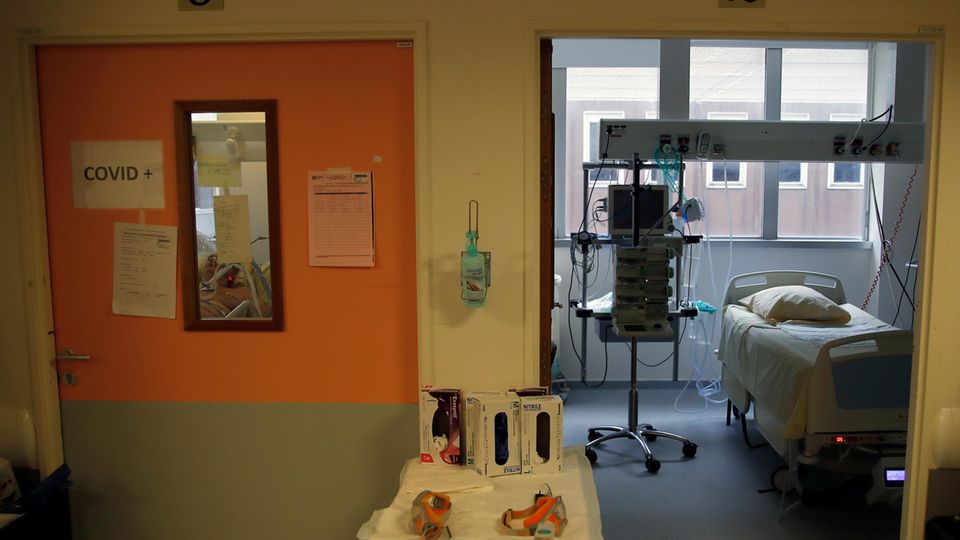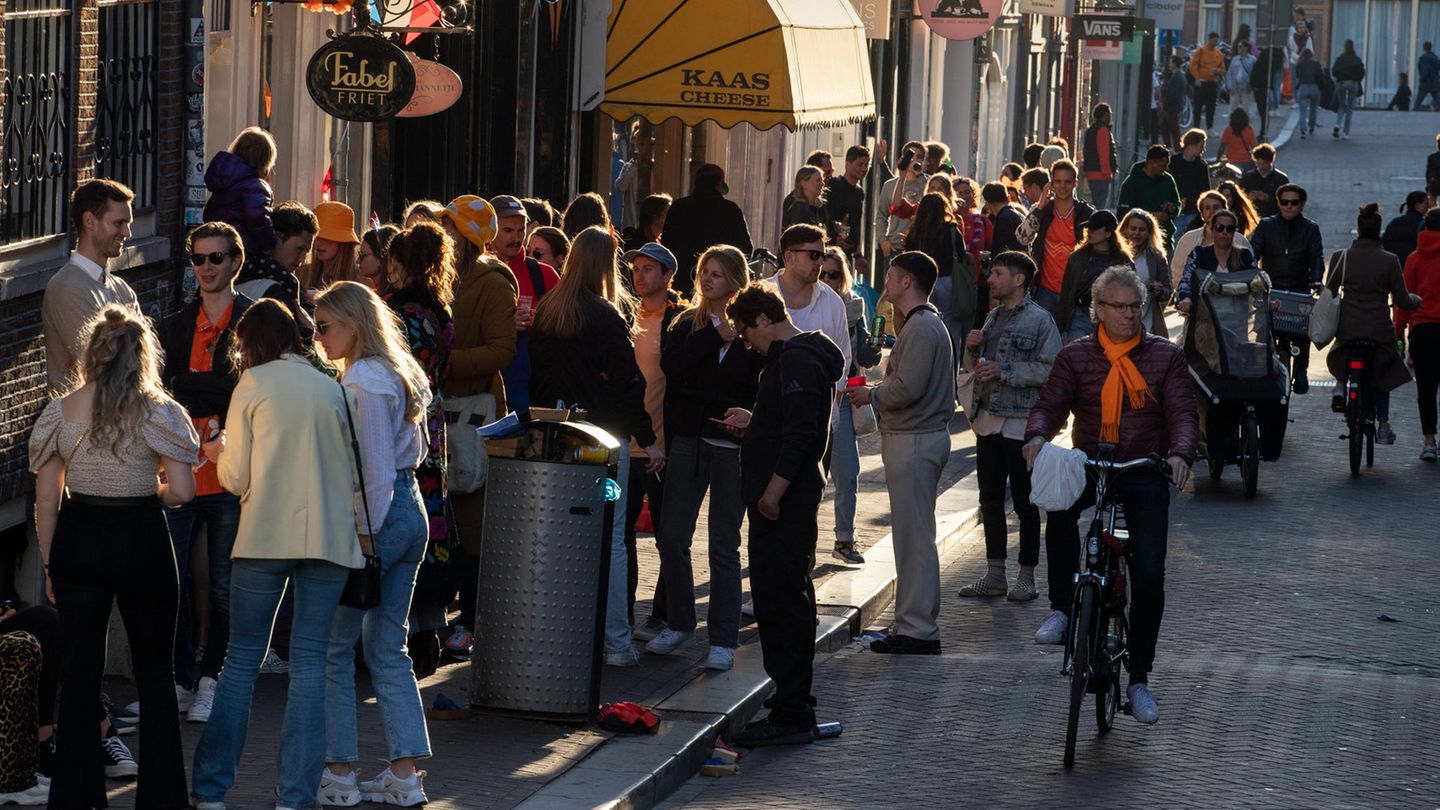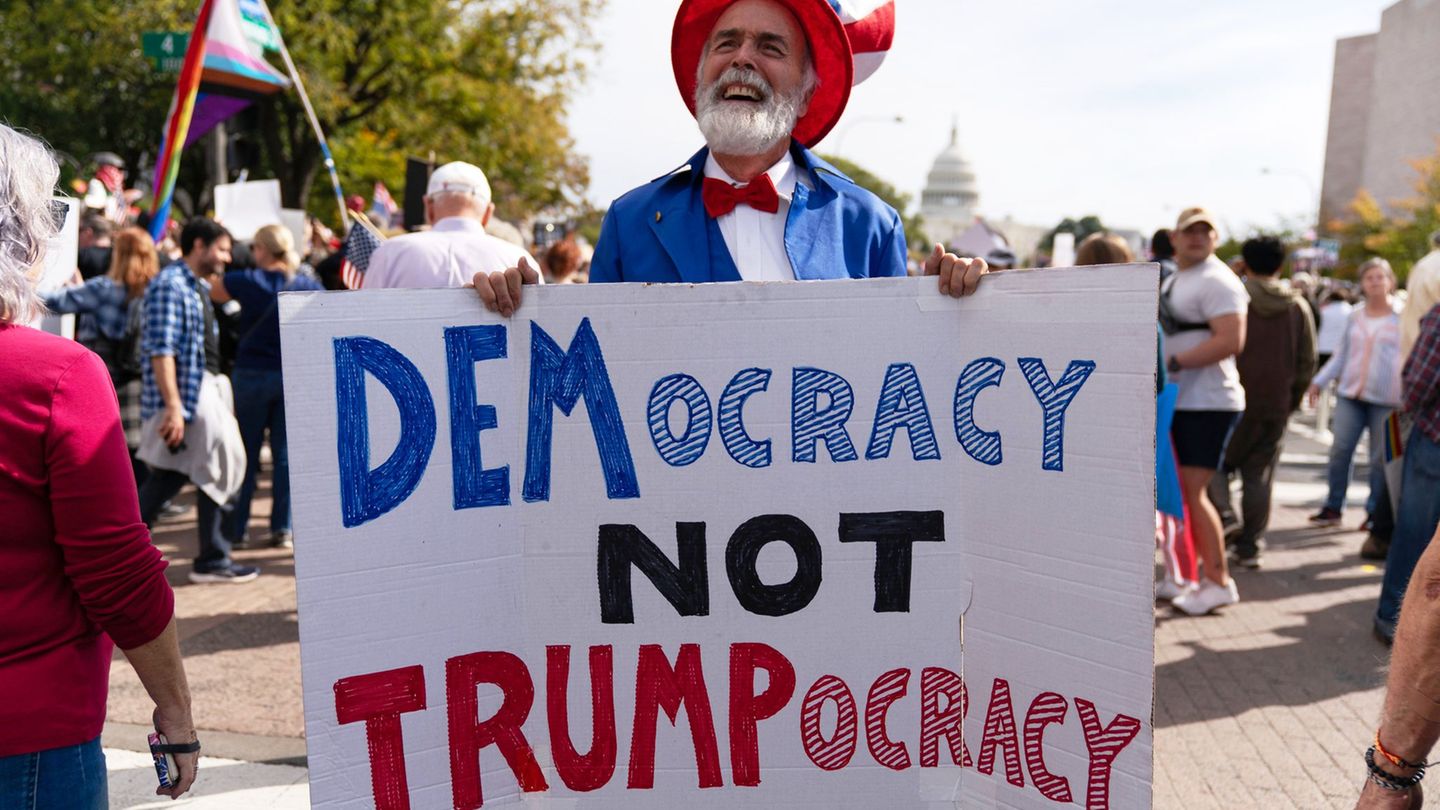The Netherlands is a high-risk area: at the beginning of July, the number of infections almost exploded. Then the government pulled the emergency brake. With success. But it’s too early to breathe a sigh of relief.
People sit close together on the Amsterdam canals in the sun. Kisses as a greeting, hardly anyone keeps their distance, nobody wears a mask – at best they are in the trash. Crowds in shops, barbecues in parks. “Gezellig”, as the Dutch love it. Was there anything else? Oh yes – the Netherlands is a high risk area. The number of infections here is about seven times as high as in the German neighbor.
Many German vacationers can hardly believe their eyes. If they are not vaccinated, they are threatened with quarantine when they return home. But almost everything is the same in the Netherlands. And that with incidences of well over 100. In general: The word incidence is a foreign word. If a German asks a Dutch person about this value, he can at most expect the incomprehensible question: “Wat is dat?”
But now the trend reversal has arrived. For more than two weeks, the number of new infections has been falling drastically in all regions. And all without lockdown. There are only a few rules: mask requirement on buses and trains, requirements for museums, theaters and cinemas and other events.
And yet it managed to contain the virus. How is that possible?
A serious mistake led to the emergency brake
The government’s emergency brake has worked. About four weeks ago, Prime Minister Mark Rutte and his Health Minister Hugo de Jonge stepped contrite in front of the TV cameras and apologized. With the relaxation of almost all corona measures at the end of June, you would have made an “assessment error”.
That was an understatement. Minister de Jonge, for example, with the casual slogan “Dancing with Janssen”, expressly encouraged young people to get vaccinated quickly: a dose of Janssen vaccine in the morning and then to the party in the evening.
The mistake was momentous. As soon as discos and clubs opened, and there were festivals and student parties again, the number of infections exploded by up to 500 percent. In adolescents from 18 to 24 even by 850 percent. The government pulled the emergency brake. The nightlife stopped, all restaurants have to close by midnight at the latest, festivals are forbidden.
And that was the main reason for the trend reversal, analyzes the Institute for Health and Environment RIVM. Most recently, 21,000 new infections were registered in one week, 44 percent less than the previous week with around 37,000. The number of Covid patients in hospitals is also stabilizing.
In the age group from 18 to 24 in particular, the experts observe drastically fewer infections. And the youngsters were exactly the ones who had shed all reins after the clubs opened at the end of June. Clubs, discos and student parties were the source of the contagion nearly 40 percent of the time. Now restaurants are only responsible for less than four percent of new infections.
The virus is on the decline, the RIVM experts note, although 92 percent of infections are about the delta variant. The reproduction number is now less than 0.7. This means that 100 people can theoretically infect 70.
Are bars and clubs allowed to reopen?
The second reason for the downward trend is the vaccination campaign, which is going well. So far, 21.3 million vaccine doses have been injected in the country with 17 million inhabitants. About two-thirds of adults are fully vaccinated, and more than 85 percent have received at least one dose.
“These are positive numbers in themselves,” says Prime Minister Rutte. And yet he does not want to give the all-clear. “Compared to our neighboring countries, such as Germany, the number of positive tests is still far too high.” And then the Dutch have to come back from vacation.

About ten percent of infections are already caused by returnees. But unlike in Germany, the Dutch only have to get tested when they return from a high-risk country.
On August 13th, the government wants to decide how to proceed. Are bars and clubs allowed to reopen? And what is festivals or football matches? Premier Rutte can no longer afford to make mistakes. More and more citizens want clarity. A majority now spoke in a survey in favor of only cautiously relaxing measures. And every third person even wants a mask requirement again.
David William is a talented author who has made a name for himself in the world of writing. He is a professional author who writes on a wide range of topics, from general interest to opinion news. David is currently working as a writer at 24 hours worlds where he brings his unique perspective and in-depth research to his articles, making them both informative and engaging.




